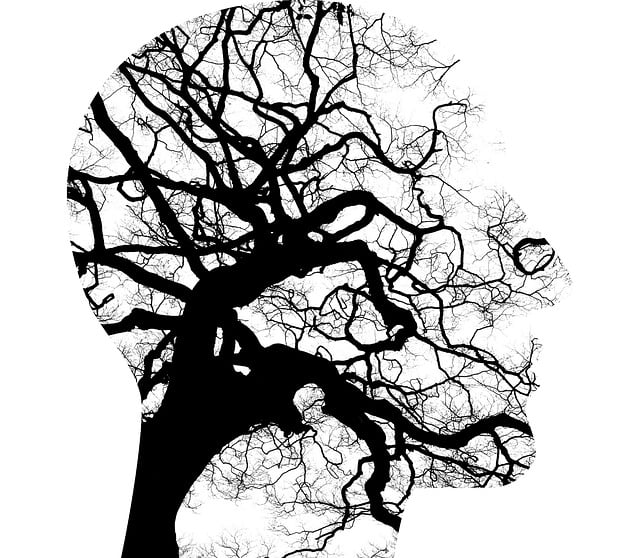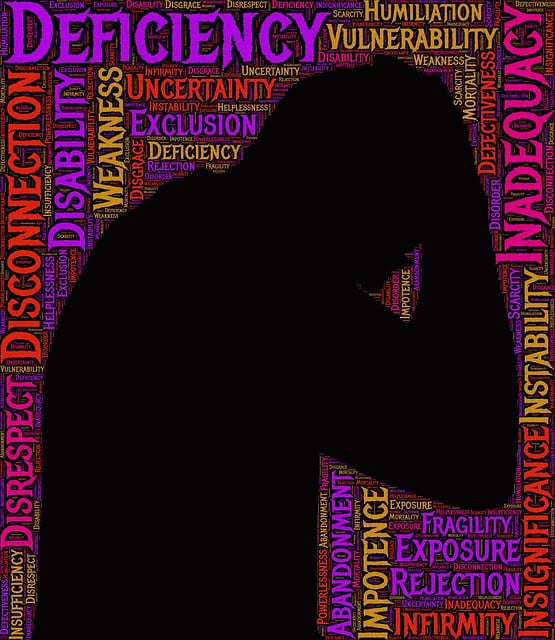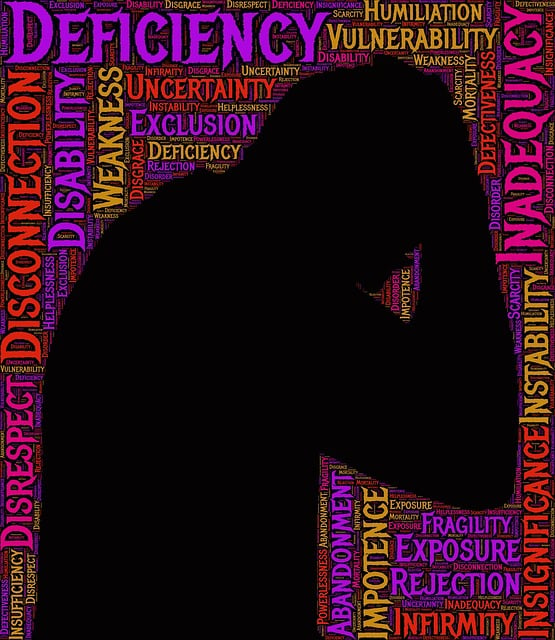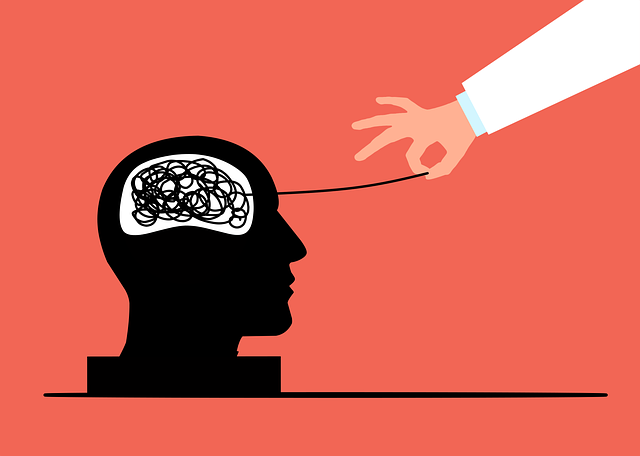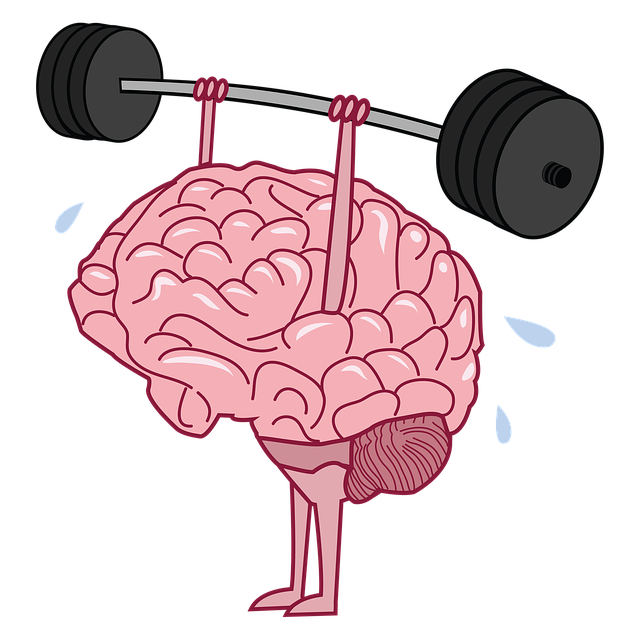Diagnosing mental illness involves qualified professionals conducting comprehensive assessments using various tools to determine specific disorder criteria. Golden Play Therapy, a revolutionary approach focusing on children and adolescents, uses play to express emotions, process trauma, and develop healthy coping mechanisms. Effective treatment plans include talk therapy, medication, and innovative methods like Golden Play. Navigating options with guidance, cultural competency training, and support networks is crucial for recovery. Measuring progress regularly allows adjustments to tailored treatments, reducing stigma through empathy and open communication.
Mental illness diagnosis and treatment can be a complex, intimidating journey. This comprehensive guide aims to illuminate the process, offering insights into crucial aspects like understanding diagnoses and navigating treatment options. We explore innovative therapeutic approaches, such as Golden Play Therapy, its role in fostering recovery, and the importance of building supportive networks.
Additionally, we provide a step-by-step guide to help individuals measure progress and celebrate milestones throughout their healing journey.
- Understanding Mental Illness Diagnosis: Unveiling the Process
- The Role of Golden Play Therapy in Treatment
- Navigating Treatment Options: A Comprehensive Guide
- Building a Supportive Network for Recovery
- Measuring Progress and Celebrating Milestones
Understanding Mental Illness Diagnosis: Unveiling the Process

Understanding the process of mental illness diagnosis is a crucial step for anyone navigating their mental health journey. It’s akin to identifying a unique key that unlocks tailored support and treatment options. This process involves a comprehensive evaluation by qualified healthcare professionals, often including psychiatrists, psychologists, or licensed therapists. They employ various tools like detailed patient history assessments, clinical interviews, standardized questionnaires, and sometimes medical tests to gain insights into an individual’s experiences and behaviors.
The assessment delves into symptoms, their severity, duration, and potential impact on daily functioning. It also explores personal history, family dynamics, and any relevant environmental factors that might contribute to the mental wellness challenges. Once gathered, this information is meticulously analyzed to determine if specific diagnostic criteria are met, aligning with recognized mental health disorders. This meticulous process serves as a foundation for formulating effective treatment plans, be it through traditional talk therapy, medication management, or innovative approaches like Golden Play Therapy, ensuring individuals receive the tailored crisis intervention guidance they need.
The Role of Golden Play Therapy in Treatment

Golden Play Therapy offers a unique and innovative approach to mental health treatment, particularly for children and adolescents. This therapeutic method leverages play as a powerful tool to help individuals express their thoughts, feelings, and experiences in a safe and creative environment. By engaging in imaginative play scenarios, clients can work through emotional challenges, process traumatic events, and develop coping mechanisms that promote mental wellness. The therapy facilitates open communication, allowing the therapist to provide guidance and support tailored to each individual’s specific needs.
Incorporating Golden Play Therapy into treatment plans can enhance traditional psychotherapy methods. It offers a non-verbal means of expression for those who may find it difficult to articulate their emotions verbally. This therapy also encourages self-reflection and introspection through play, leading to increased self-awareness and personal growth. Moreover, the Mindfulness Meditation and Mental Wellness Journaling Exercise components often integrated into Golden Play Therapy sessions can further support individuals in managing stress, anxiety, and other mental health concerns, contributing to a holistic approach to care.
Navigating Treatment Options: A Comprehensive Guide

Navigating treatment options for mental health can be a daunting task, but with the right guidance, individuals can find their path to recovery. A comprehensive guide should offer an insightful look at various therapeutic approaches, ensuring that every person receives tailored support. For instance, Golden Play Therapy focuses on fostering emotional expression through play and imagination, making it particularly effective for children and adolescents grappling with mental health challenges. This therapy empowers patients by helping them understand and manage their emotions in a safe, nurturing environment.
Additionally, incorporating communication strategies and compassion cultivation practices within the therapeutic process can significantly enhance outcomes. Encouraging open dialogue between patients and healthcare providers, these approaches build trust and facilitate deeper insights into an individual’s experiences. Healthcare provider cultural competency training is another vital component, ensuring that mental health services are accessible and sensitive to diverse cultural backgrounds, thereby promoting inclusivity and improved patient engagement.
Building a Supportive Network for Recovery

Building a supportive network is an integral part of navigating mental illness and fostering recovery. This includes surrounding oneself with understanding and compassionate individuals who can offer encouragement, practical help, and emotional support. Family, friends, and peers can play a significant role in this process by providing a safe space to express feelings, listening without judgment, and helping to navigate various treatment options. Many individuals find solace and strength through peer support groups where they can connect with others facing similar challenges, sharing experiences and strategies for coping and healing.
Golden Play Therapy, as an innovative approach, emphasizes the importance of play and creativity in the therapeutic process, making it accessible and engaging for a wide range of clients. This therapy type can be particularly beneficial when incorporated into a supportive network. By encouraging emotional expression through play, individuals may engage in self-discovery processes that promote healing. Additionally, with proper training and risk assessment for mental health professionals (which includes understanding the impact of mental illness stigma reduction efforts), they can facilitate these therapeutic interactions, ensuring a safe and nurturing environment for all involved.
Measuring Progress and Celebrating Milestones

Measuring progress and celebrating milestones are integral parts of navigating mental illness diagnosis and treatment. Through regular evaluation, individuals can track their healing journey, identifying areas of improvement and understanding where they may need additional support. This process allows for adjustments in treatment plans, ensuring that therapy, whether through Golden Play Therapy or other evidence-based methods, remains tailored to the individual’s evolving needs.
Empathy building strategies play a crucial role in this phase. Healthcare professionals can foster an environment of non-judgment and understanding, encouraging open communication about setbacks and successes. By reducing mental illness stigma through these interactions, patients feel more empowered to share their experiences honestly. Furthermore, celebrating milestones, big or small, helps to alleviate anxiety and promote feelings of accomplishment, contributing to improved mental well-being and enhanced coping mechanisms.
Mental illness diagnosis and treatment can be complex, but with the right navigation assistance, recovery becomes more achievable. By understanding the process of mental illness diagnosis, exploring innovative therapies like Golden Play Therapy, and building a robust support network, individuals can navigate their treatment journey effectively. A comprehensive guide to available options, combined with measured progress and celebrated milestones, ensures a path towards improved mental health and well-being.






